New citizen oversight board legislation enacted to support police, 'worrisome' to critics
Public safety experts and advocates for law enforcement transparency are expressing concern over two pieces of new legislation — bills HB 601 and SB 184 — written to support Florida’s law enforcement but that critics worry will erode the public’s ability to hold police agencies accountable after HB 601 takes effect July 1.
The pushback grew louder with the April 12 signing of the bills by Florida Gov. Ron DeSantis in St. Augustine as both critics and public officials from across the state spoke to the Herald-Tribune about what the new citizen oversight board legislation could mean to communities and how restricting oversight committees could weaken public safety.
The citizen oversight board legislation (HB 601) is set to impose limitations on the powers of these committees. After July 1, “county sheriff or chief of a municipal police department may establish a civilian oversight board to review the policies and procedures,” the bill reads.
ICYMI: DeSantis signs bills limiting police review boards, creating buffer for first responders
Essentially, HB 601 would limit what citizen police oversight boards can do, including investigating complaints of officer misconduct. The bill would require these citizen-led panels to be re-established under county sheriffs and municipal police chiefs. Law enforcement administrators will be tasked with appointing members of law enforcement to newly established review boards. They will soon be able to review cases of alleged misconduct within their agencies.
The forthcoming change has ignited a wave of criticism from community leaders, who say the legislation will undermine transparency and accountability efforts. However, Florida Department of Law Enforcement (FDLE) Commissioner Mark Glass backed DeSantis's bill, adding that police are already held accountable by the FDLE and agencies' internal affairs departments.
"These men and women do not need to be scrutinized again and again by a committee that has no idea what they're talking about," Glass said at the press conference after the signing.
Critics around the state, however, are refuting the FDLE commissioners' comments.
Oversight leaders speak out
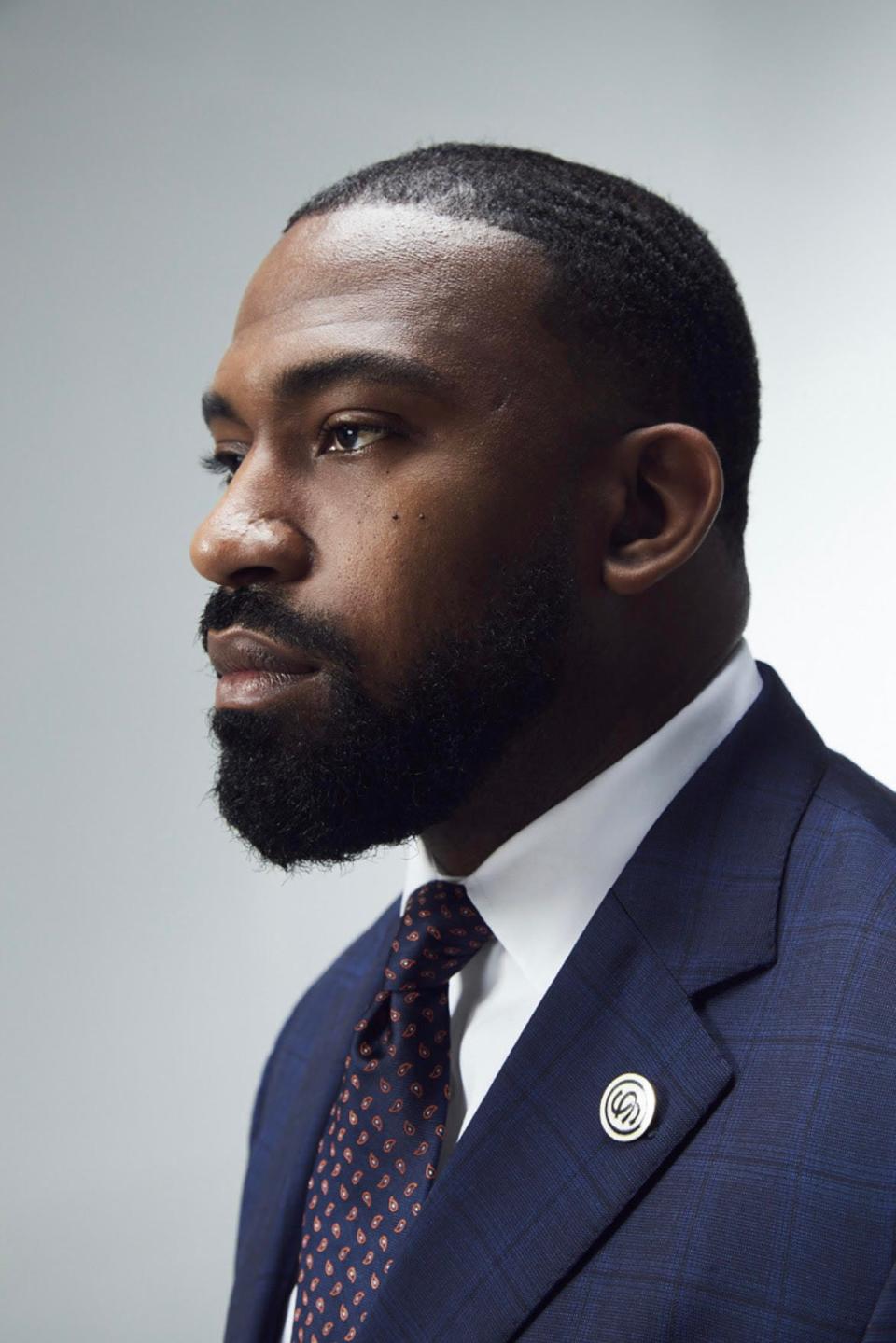
In Miami, approximately 2,000 Miami Police Department officers work under the watchful eye of the city of Miami's Civilian Investigation Panel (CIP). The oversight panel is led by Executive Director Rodney Jacobs, a former military intelligence officer for the United States Army Reserve, lawyer, and adjunct professor. He’s worked in the oversight industry for a decade and took over the Miami CIP in 2022.
Jacobs has followed the recent HB 601 legislation and criticized the bill and lawmakers last week.
“It's unfortunate that they’ve taken the approach they have. There is a large misconception about officers being critiqued, but we simply do our investigation. We don’t have the power to discipline police officers,” Jacobs explained.
“I understand the police officer's sentiments. In some other agencies, it happens. Agencies can get co-opted by bad actors and it can be vicious ... but just because there may be a few bad actors in one part of Florida that doesn't mean that the whole state should be punished.”
Miami’s CIP is the leading oversight entity in the state, Jacobs said. Beyond reviewing complaints, Jacobs and his team service Miami-Dade's 500,000 citizens through its first-of-its-kind community police mediation program, investigations, audits, and review services. The CIP also provides standard operating procedures for smaller agencies within the Sunshine State.
“Right now, we're still reviewing the law and figuring out how it affects us. In some ways it, maybe, affects our ability to do investigations, but we still will likely have the ability to audit cases,” Jacobs said.
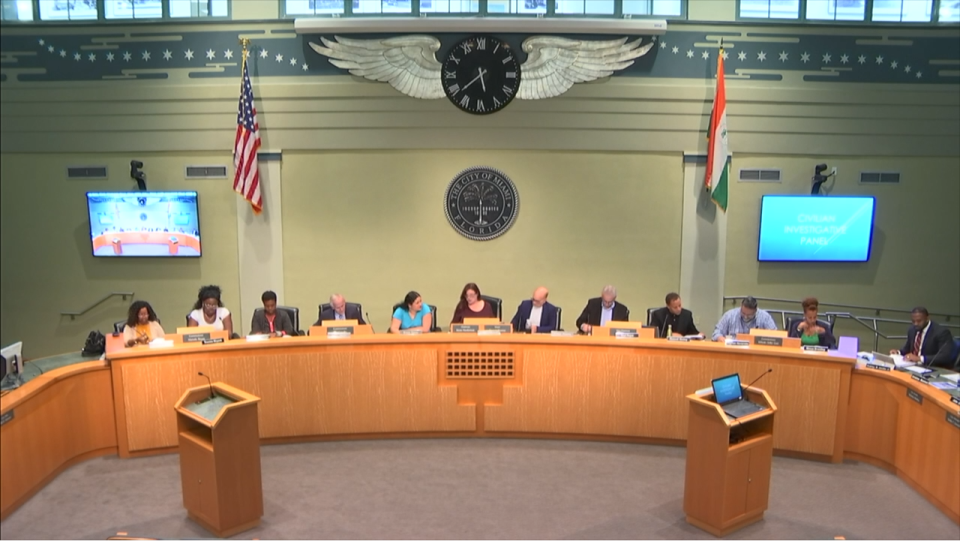
The investigation panel was enacted in 2000 via a local vote following a string of violent crimes around lower-income communities in central Miami. At the time, the panel was heavily supported by the city's Cuban-American voters, in addition to its Black citizens, following a federal indictment of 13 Miami officers who planted weapons at a crime scene involving the police shooting of a Black man and mistreatment of Cuban residents by local police.
Previous coverage: Trial begins for officers accused of planting guns
Initially, the city's CIP was created to investigate police officers' misconduct; however, over the past 25 years, Miami's CIP has become a prototype for Florida law enforcement accountability efforts.
Sarasota law enforcement and leaders lean optimistic
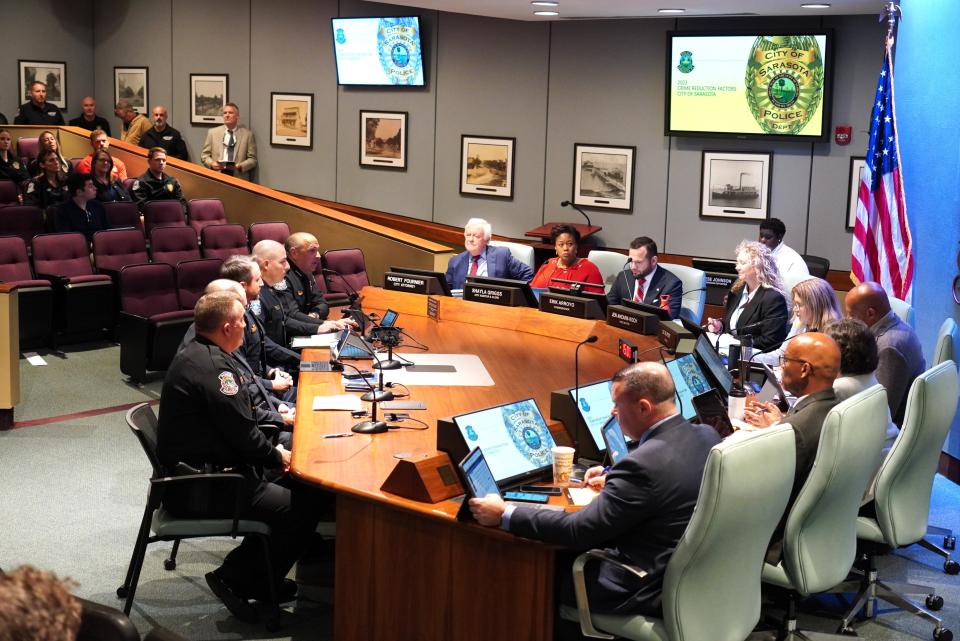
Sarasota’s police department runs a high-visibility agency that has worked to build trust between the agency and citizens over the past several years through its many community engagement initiatives.
The agency has two separate entities that provide oversight for complaints against the SPD or its 190 sworn officers— the Police Complaint Committee (PCC) and the city’s Independent Police Advisory Panel (IPAP).
Sarasota’s PCC serves as an independent oversight component and assists the chief of police with the policies, practices, and procedures concerning the processing of complaints against SPD police officers.
The IPAP was formed in 2011 and consists of five civilian volunteers appointed by the City Commission. Its main goal is to build transparency and accountability for the community to boost the public’s overall trust in the law enforcement agency and its administration.
Maintaining transparency and accountability for its officers and the agency is vital to the agency, its leaders say, and the new bill will take some navigating, Sarasota city officials admitted at an IPAP meeting on April 19. However, SPD staying on the right side of legislators and aligning with HB 601 is a priority for the city’s leaders.
“We don’t want to run afoul of the new law,” said Assistant City Attorney Joe Polzak. “That’ll be our primary consideration, following the law.”
A 20-year veteran of the Sarasota Police Department, now deputy city manager Pat Robinson, echoed Polzak's statement and said he was confident that city leaders would want to maintain both the PPC and IPAP. However, city leaders, including the city attorney, SPD Chief Rex Troche, and Independent Police Panel Administrator Heather Salazman, are working on reviewing the legislation’s effects before it becomes law in the state on July 1.
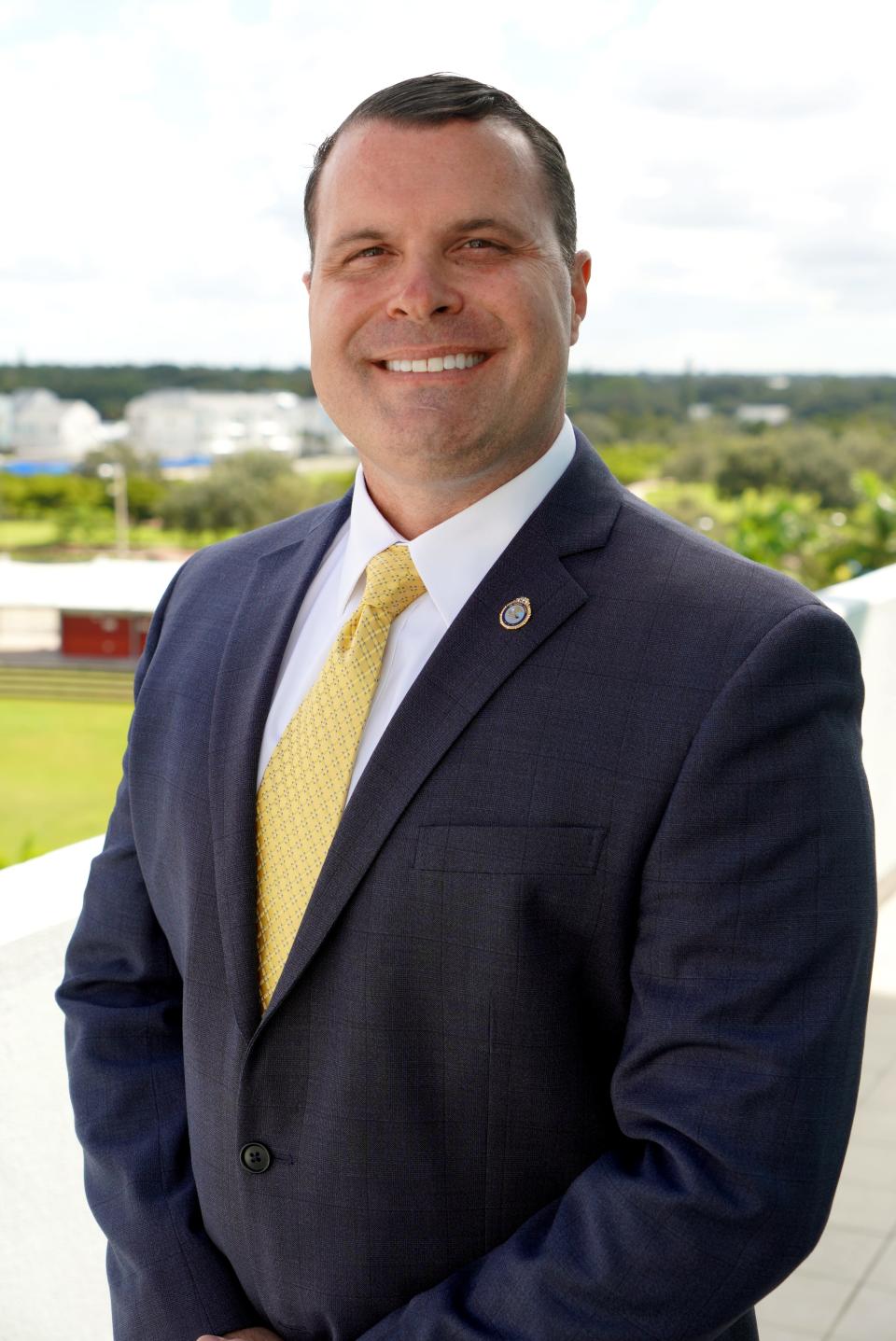
"I can assure you that our commission is very interested in maintaining what we have, and we're going to see if we can work through the law to see if we can maintain both of our boards,” said Robinson.
Robinson said during a recent IPAP meeting at City Hall that the makeup of the advisory panel may change but that he believes it will stay intact following the July 1 legislative change.
“The challenge at this point is what will happen at the PCC and how that comes out, but I do not see this going away. We're definitely going to work through it and we're going to make sure that it's legislative and statutorily sound before we make a determination.”
In an interview, Trevor Harvey, president of the Sarasota County Chapter of the NAACP, spoke candidly about his concerns with HB 601. Harvey noted the efforts by SPD in the city’s historically Black neighborhood of Newtown, along with a strong relationship with SPD’s Chief Rex Troche.
Harvey’s concerns, he said, are more about the high-level legislation than the local agency’s efforts to serve effectively its community members.
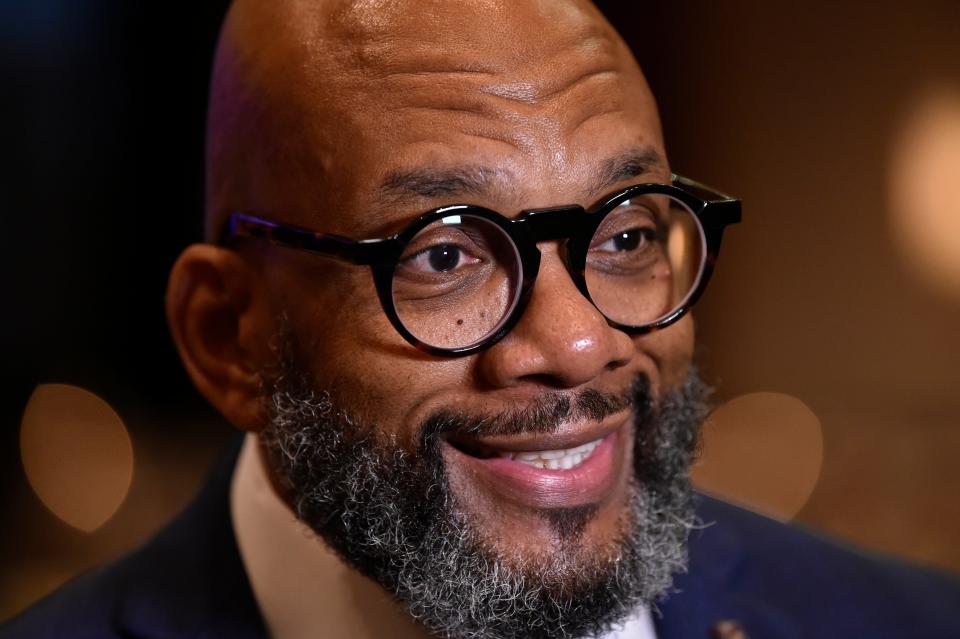
“This is a bad decision (of) Florida government ... what it does is pull that connection or relationship with accountability away from the community. Law enforcement will now police law enforcement and that’s the kind of thing we’ve been trying to get away from,” he said.
“I just feel, based on what I personally know about the individuals in the city, the stakeholders, I think they're going to make sure that the door is open for us to remain at the table. If not, I know I will be the first one in line to be saying ‘Hey, this isn’t right. You all have to keep us at this table.’”
This article originally appeared on Sarasota Herald-Tribune: Florida law will transfer conduct boards from the public to police

